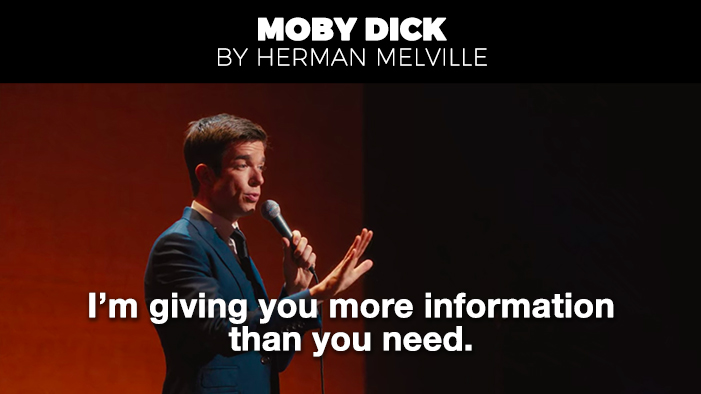They carried on their most important business in the kitchen at breakfast. Every morning Mrs. Hopewell got up at seven o’clock and lit her gas heater and Joy’s. . . . Joy would get up while her mother was eating and lumber into the bathroom and slam the door, and before long, Mrs. Freeman would arrive at the back door. Joy would hear her mother call, “Come on in,” and then they would talk for a while in low voices that were indistinguishable in the bathroom.
O’Connor places her characters in a setting that is both vague and familiar to readers. She does not give many details about the Hopewell household. However, many readers can relate to the idea of kitchen table conversations, grumpy people slamming bathroom doors, and guests arriving at the back door.
The setting also helps reveal aspects of each character. O’Connor shows Mrs. Hopewell’s devotion to Hulga by awaking early each day and lighting Joy’s gas heater. In the days before central heating, individual rooms would have to be heated by separate gas heaters. Turning them off at night would be safer and save money. Mrs. Hopewell wants Joy to be comfortable when she rises out of bed. Hulga repays that kindness by slamming the bathroom door. Hulga also slams the door as an immature means of literally and metaphorically shutting herself off from her mother. In a similar way, Mrs. Hopewell and Mrs. Freeman shut Hulga out of their conversations by talking in “low voices” so she cannot overhear them from the bathroom.
It was a large two-story barn, cool and dark inside. The boy pointed up the ladder that led into the loft and said, “It’s too bad we can’t go up there.”
Hulga and Manley have secreted away from the house to have a picnic, far away from the prying, yet protective, eyes of Mrs. Hopewell and Mrs. Freeman. Barns are a symbol of rural life lived by the “good country people” that Mrs. Hopewell admires but Hulga despises. For both Hulga and Manley, it is the place where each plans to seduce the other. The barn is “cool and dark,” inviting but also unknown and potentially dangerous. The ladder leads to the loft, where hay is stored. It is a small, intimate space, but also enclosed, like a trap. Manley slyly tempts Hulga into the loft by suggesting that she cannot climb the ladder. With her prosthetic, she can. But after he steals it from her, she is vulnerable, unable to get back down alone.
She lay back against a bale, her face turned away, looking out the front opening of the barn where hay was thrown from a wagon into the loft. The two pink-speckled hillsides lay back against a dark ridge of woods. The sky was cloudless and cold blue.
In the hay loft, Hulga positions herself to seduce Manley. However, rather than focusing on him and their surroundings, Hulga turns her attention to the landscape outside the barn. Since she still has her glasses at this point, Hulga can see clearly. The “cloudless and cold blue” sky represents her clear, cold perspective of the world that is “nothing.”
When she turned her churning face toward the opening, she saw his blue figure struggling successfully over the green speckled lake.
After Manley deserts her, Hulga again looks out the hay loft opening. Because Manley stole her glasses earlier, Hulga cannot clearly see his departure. Her ability to see through the world to “nothing” is gone. Water often symbolizes life, cleansing, and hope. However, the water in the lake is not clear. Instead, it is “green speckled,” suggesting impurity. Manley “struggles over” the lake, resembling a distorted version of Christ, who miraculously walked on water. By destroying Hulga’s faith in “nothing,” the sinful Manley has ironically done God’s work.


 payment page
payment page



